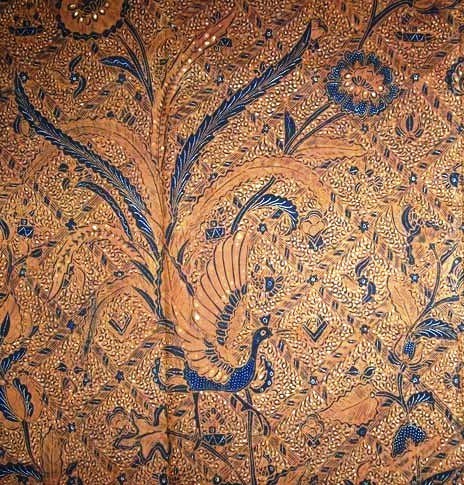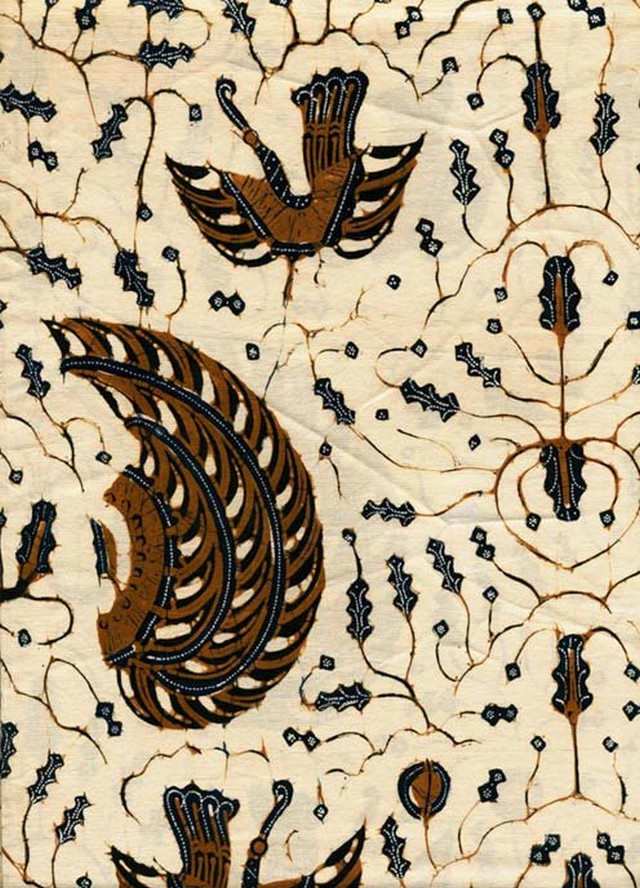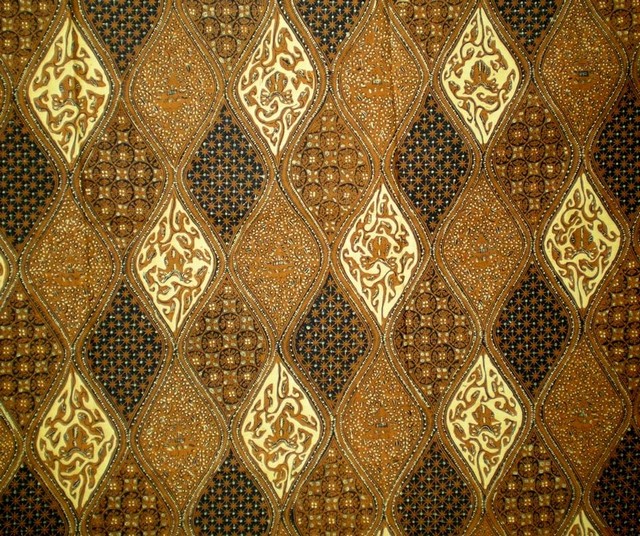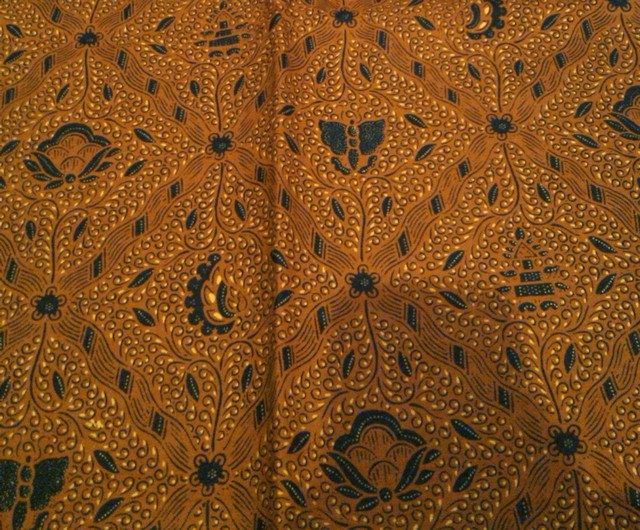The History of Javanese Batik Motifs and Explanations — Batik was first introduced to the world community by President Soeharto, who at that time wore batik at the UN conference. Batik is a process of creating coloring on a piece of cloth that is given a picture, and has a noble philosophical meaning, making a work of art full of meaning for the Javanese people from ancient times to become Indonesia’s cultural heritage in the field of art. Javanese women in the past made batik skills a livelihood, so in the past batik work was an exclusive job for women until the discovery of the “Batik Cap” which allowed the entry of men into this batik field.
There are some exceptions to the phenomenon that batik is women, namely coastal batik which seems to have lines that tend to be masculine as we can see in the Mega Mendung batik motif, where in some coastal areas, batik work is a common thing for men.
The batik tradition was originally a tradition that has always been passed down for generations until sometimes a certain batik motif can be easily recognized by us and the batik cloth comes from which family batik. Some of these Javanese batik motifs can show a person’s class or family status. Even today, some traditional batik motifs can only be worn by the Yogyakarta and/or Surakarta palace families.
Javanese Batik Motifs based on the Region
The artistic and cultural heritage of the Javanese for Indonesian generations has always been preserved by the relatives of the palace on the island of Java. Javanese batik has a variety of different batik motifs. Differences in Javanese batik motifs are common because these motifs have their meaning and philosophy, not just pictures, but contain a noble meaning for those obtained from previous ancestors, namely adherents of dynamism, animism, or Hinduism and Buddhism. Javanese Batik motifs grow and develop a lot around the Solo area or what is commonly called Solo batik in addition to Pekalongan city which is popular with Pekalongan batik. The following is a reference to Javanese Batik based on its region of origin:
| Bali Batik | Banyumas Batik | Pekalongan Batik |
| Madura Batik | Malang Batik | Yogyakarta Batik |
| Solo Batik | Tegal (Tegalan) Batik | Tasikmalaya Batik |
| Aceh Batik | Cirebon Batik | Jombang Batik |
| Banten Batik | Tulungagung Batik | Kediri Batik |
| Kudus Batik | Jepara Batik / Kartini Batik | Brebes Batik |
| Jember Batik | Blitar Batik | Betawi Batik |
History Of Javanese Batik Motif
We try to look back at the history of Javanese batik through the process of tracing the history of the kingdom starting from the Majapahit kingdom to other kingdoms afterward. In the historical records of the archipelago, it is stated that the development of Javanese batik cloth was mostly carried out during the heyday of the ancient Mataram kingdom, after the Mataram kingdom broke out, the next one who continued the baton of batik culture was the kingdom of Surakarta Hadiningrat and Nagari NgaYogyakarta Hadiningrat. The Kingdom of Surakarta has a solo batik center located in the village of Laweyan with a Klewer batik market, while the Kingdom of Jogja with its Beringharjo market.
Basically, Batik culture is included in the type of art of painting or drawing on a piece of cloth that will be used as material for certain models of batik clothes.
Javanese Batik motifs based on the pattern of the motifs
| Keraton Batik | Sundagaran Batik | Cuwiri Batik |
| Petani Batik | Tambal Batik | Sidomukti Batik |
| Sekar Jagad Batik | Pringgondani Batik | Kawung Batik |
| Sido Luhur Batik | Sido Asih Batik | Semen Rama Batik |
| Singa Barong Batik | Sawat Pengantin Batik | Truntum Batik |
| Mega Mendung Batik | Satrio Manah Batik | Singa Payung Batik |
Javanese Batik Motif Pictures













































From the description of the history of Javanese batik motifs and their explanations, we hope that this written batik culture will remain sustainable until the next generation.
Bibliography of the History of Javanese Batik Motifs and Explanations
- Sejarah Batik Jawa dan Penjelasannya, modelbajubatik.org. Online: http://goo.gl/7qhKSb accessed at 2 September 2016
- Batik, Wikipedia. Online: http://goo.gl/TtcG46 accessed at 2 September 2016